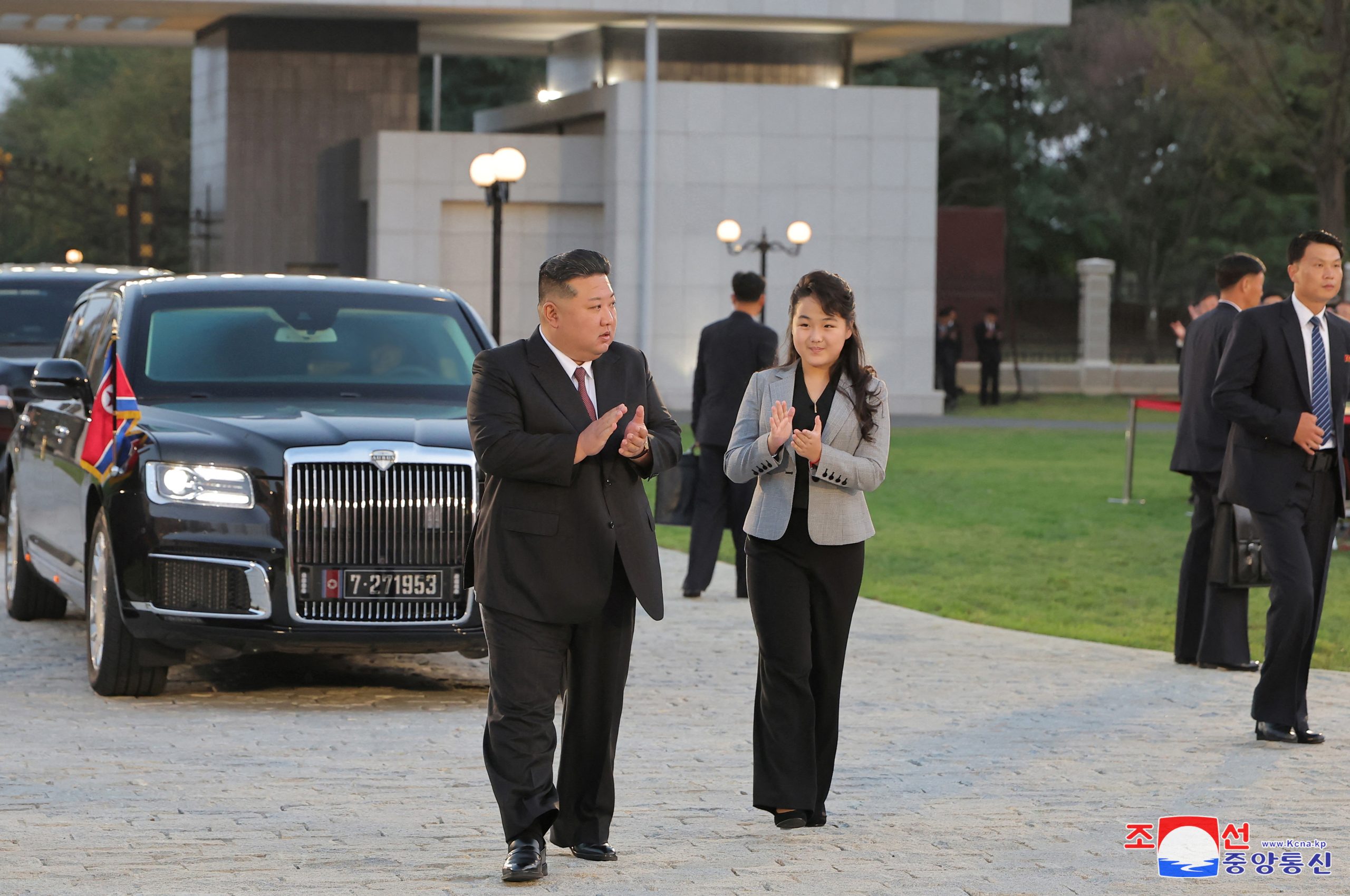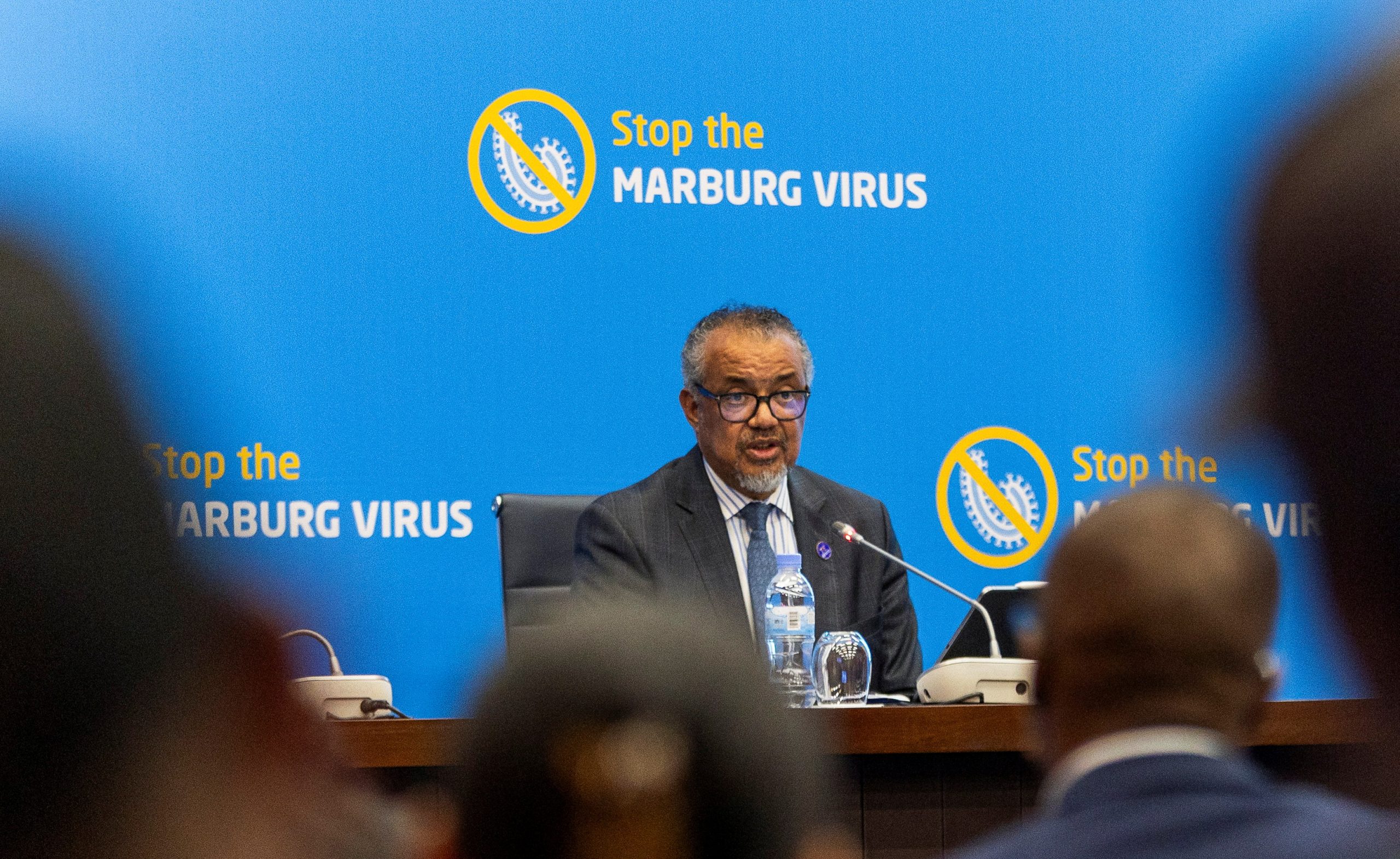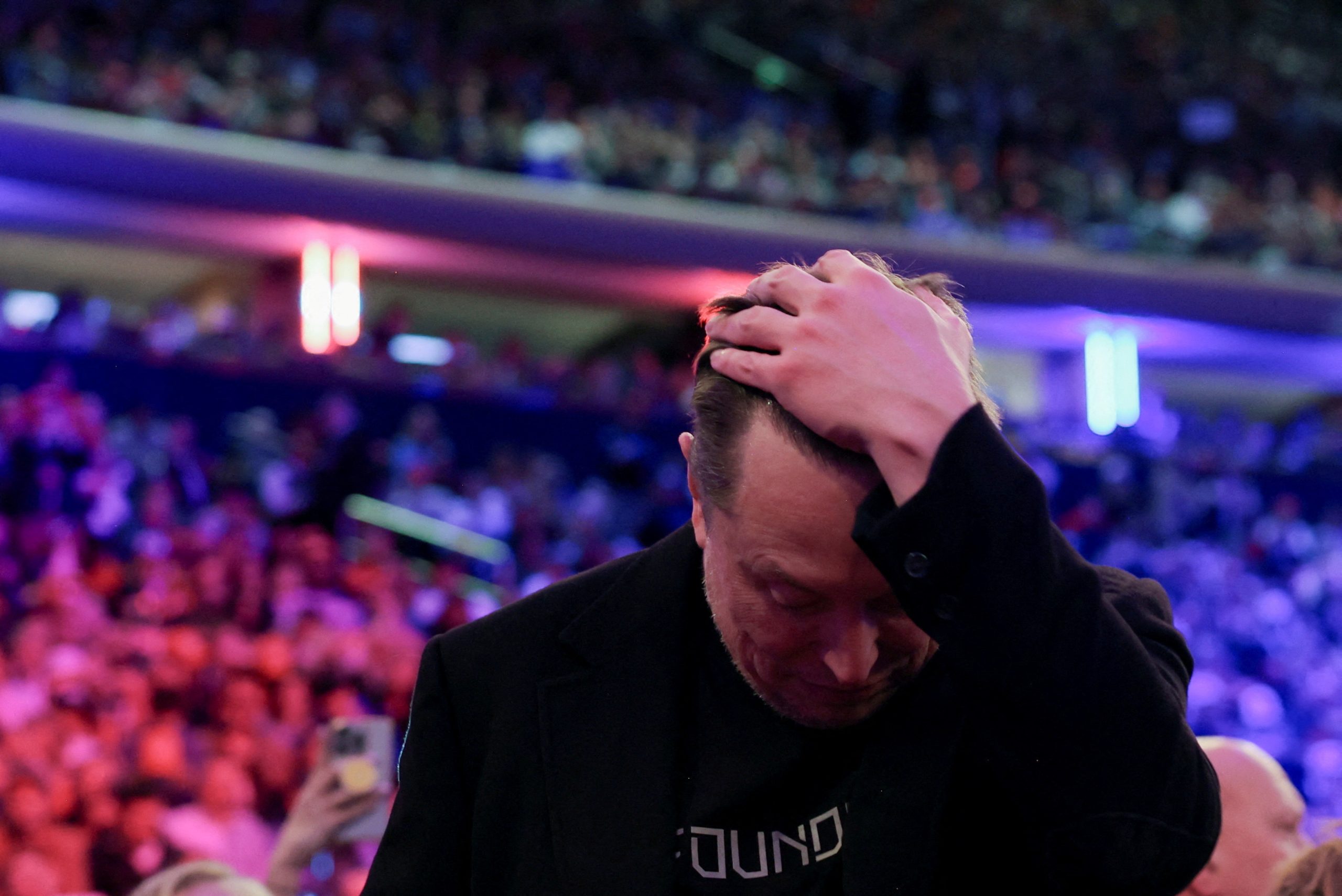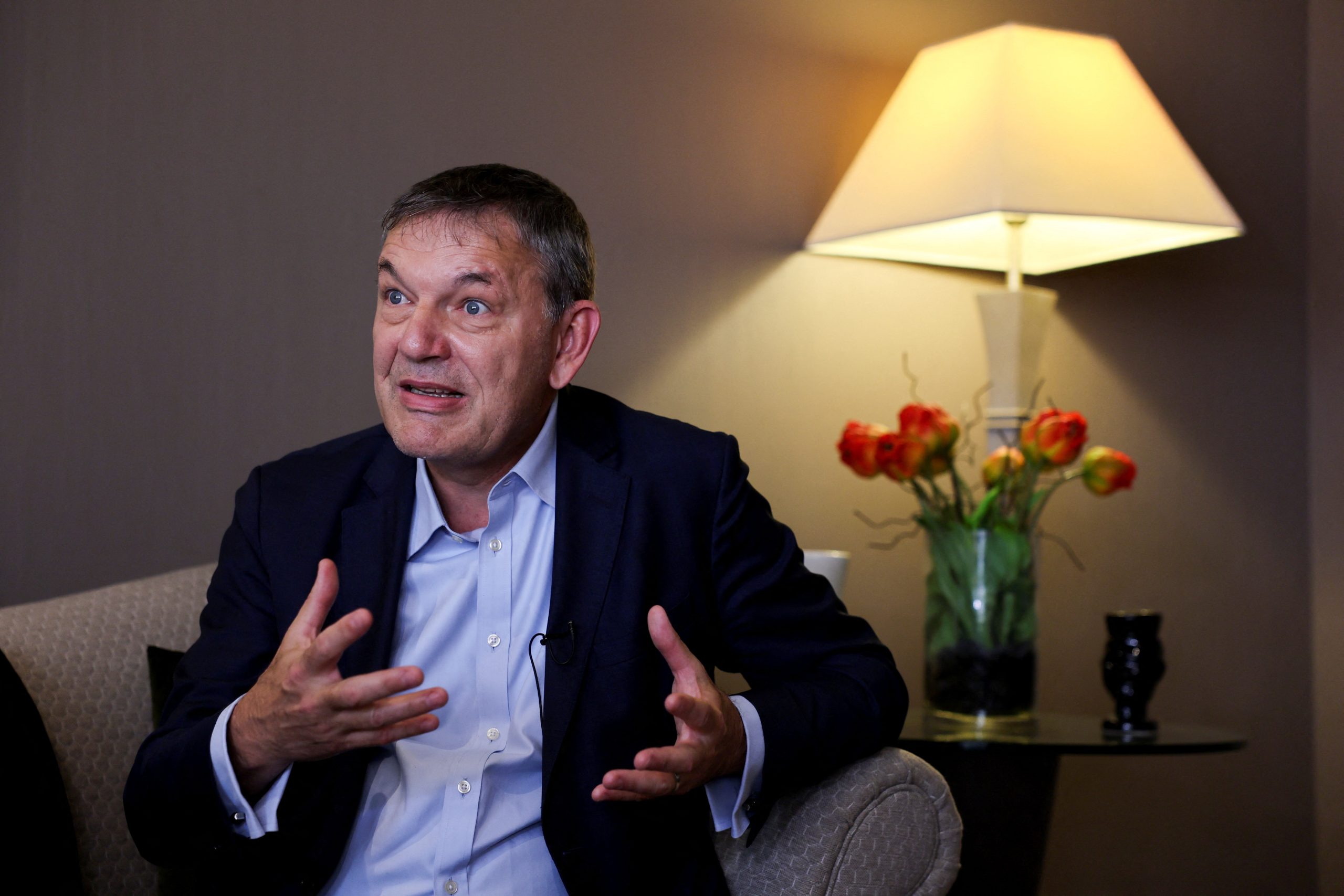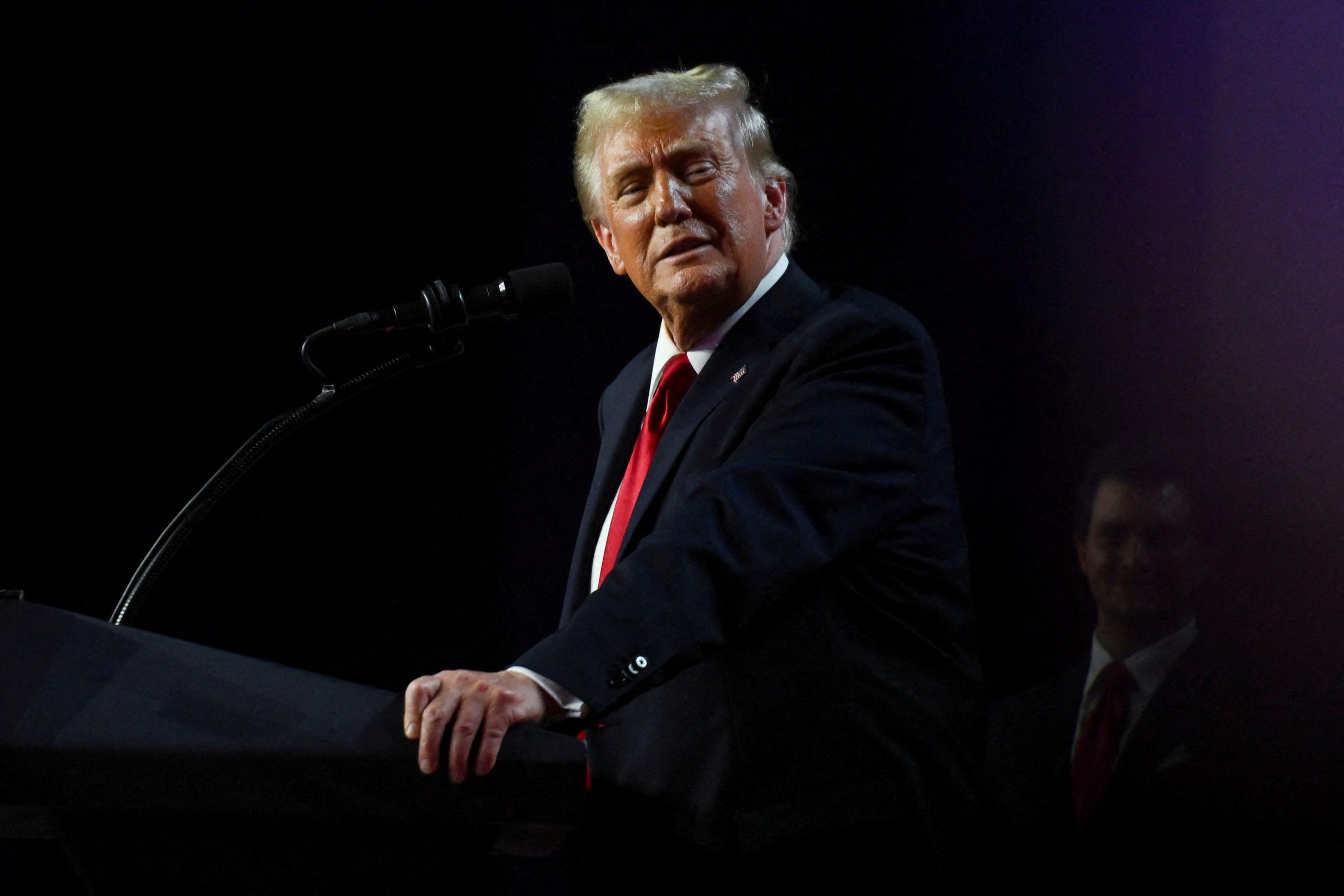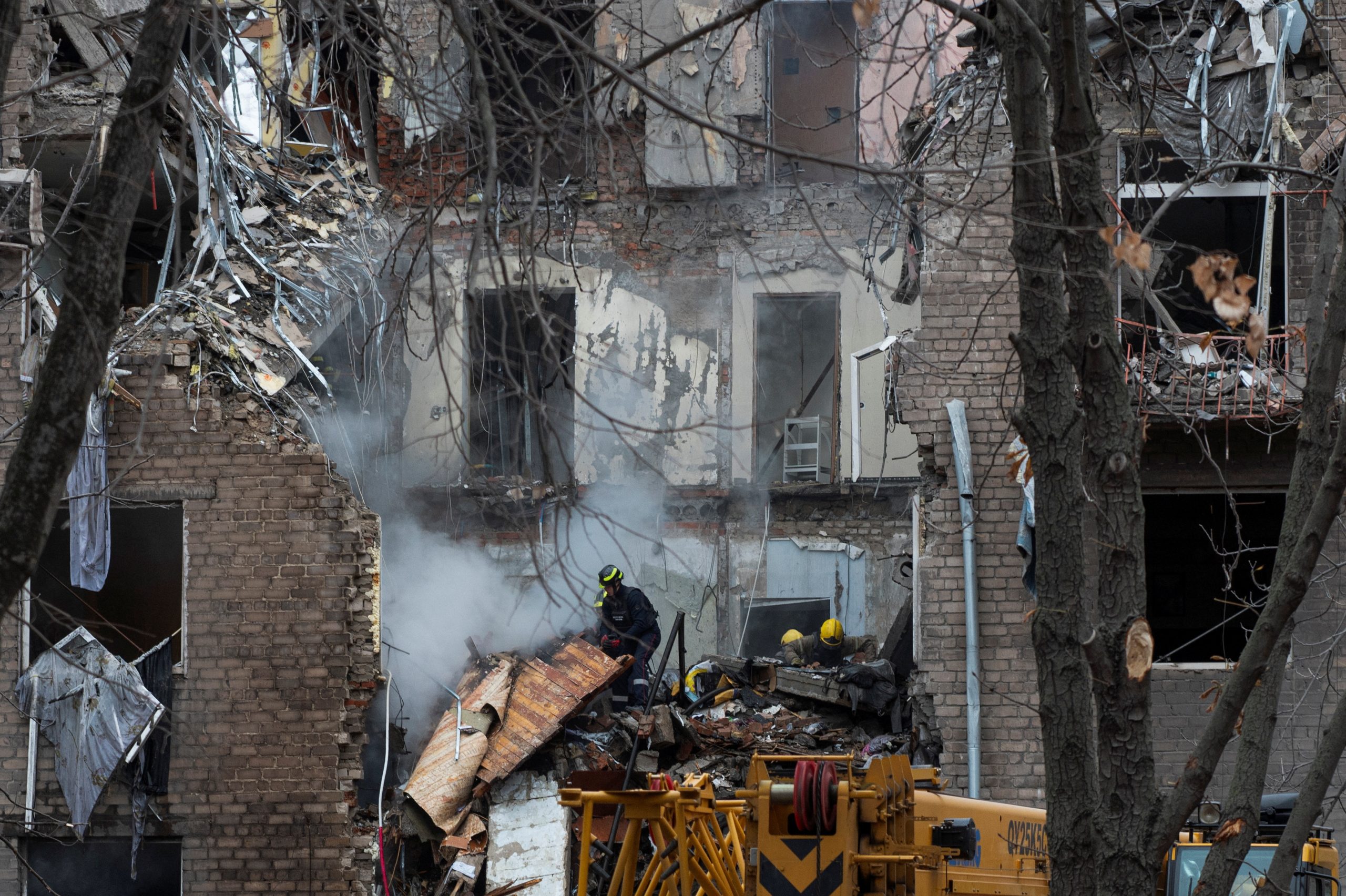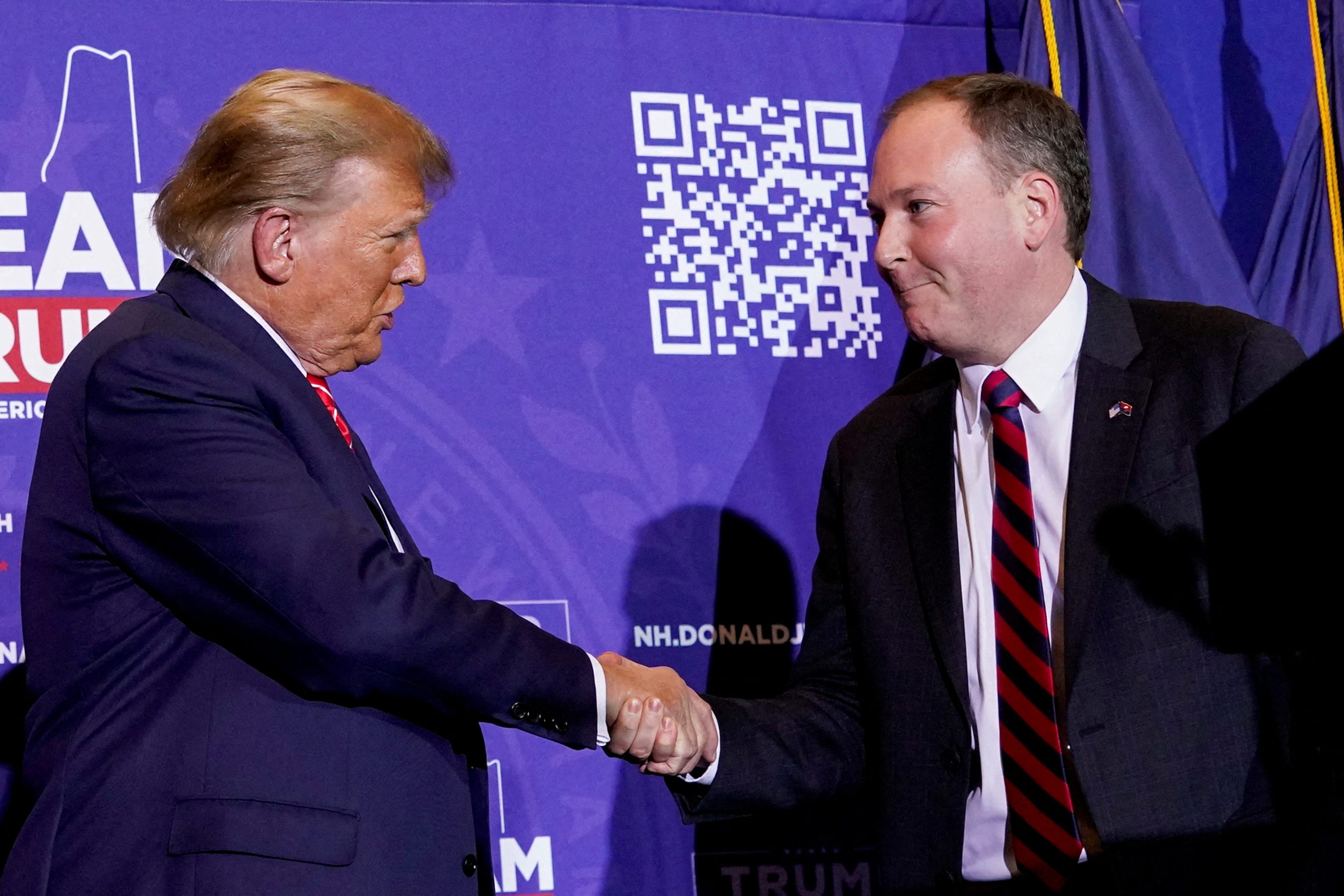In a shocking escalation, North Korea has reportedly deployed elite advance units to the Russian front lines in Ukraine, marking a high-stakes intervention in the grinding war between Russia and Ukraine. According to South Korea’s Defense Intelligence Agency (DIA), the deployment could involve thousands of North Korean troops, primarily elite young soldiers from the country’s feared special forces. The news broke as tensions mount along the Ukrainian-Russian border, with NATO and South Korean intelligence sources expressing deep concern over the implications of this alliance.
The DIA, sharing details during a parliamentary session, acknowledged reports that an initial wave of North Korean forces could already be en route to the front lines. South Korean legislators, Rep. Lee Seong-kweun and Rep. Park Sun-won, confirmed the intelligence findings to Yonhap, noting that while definitive evidence remains elusive, “There is a possibility that some advance units have been sent to the front lines.”
Amid mounting suspicions, the Pentagon also raised the alarm, estimating that up to 10,000 North Korean troops could be mobilized over the coming weeks. NATO Secretary-General Mark Rutte corroborated this, adding that certain North Korean units appear to have already reached the volatile Kursk region, a critical point of contention where Russian forces are grappling with Ukrainian advances.
North Korea’s Special Forces Face Daunting Challenges
The DIA’s assessment underscores the challenges awaiting North Korean troops in a landscape fraught with technological warfare and intense drone combat—fields in which North Korean forces reportedly lack training and equipment. “The war is being carried out in the form of drone combat, but North Korean troops have not been supplied with drones and have not been trained accordingly, so we anticipate considerable damage,” the DIA noted. Experts anticipate heavy casualties among these troops, many of whom are young and have limited experience in modern combat settings.
Lee Woong-gil, a former member of North Korea’s elite Storm Corps who defected to South Korea in 2007, expressed grave doubts about the survival chances for many of these soldiers. “They are too young and won’t understand exactly what it means,” Lee shared. “They’ll just consider it an honor to be selected as the ones to go to Russia among the many North Korean soldiers. But I think most of them won’t likely come back home alive.”
The soldiers reportedly being sent are primarily from North Korea’s highly trained but relatively inexperienced special forces units. Experts speculate they may face relentless attacks and insurmountable challenges, especially given the intense fighting and volatile terrain in Ukraine’s eastern and southern regions.
A Symbolic Alliance or a Real Military Boost?
As North Korea’s young soldiers head for the front, questions arise over Pyongyang’s motives. The Kremlin has neither confirmed nor denied the deployment of North Korean forces, but observers believe that this alliance is not just symbolic. For North Korea, aligning with Russia could potentially strengthen its position on the global stage, sending a powerful message to the West of its loyalty to one of the world’s superpowers.
Conversely, the risks are substantial. In addition to potential losses, the intervention could strain Pyongyang’s resources and add pressure on the regime if the casualties rise significantly. The deployment may also put North Korea in the crosshairs of international criticism, intensifying already existing sanctions and diplomatic isolation.
Risks Mount for Russia and North Korea
The North Korean troops may also encounter issues beyond battlefield combat. According to experts, unfamiliar terrain, harsh weather, and evolving warfare technology, especially the extensive use of drones, pose serious risks to North Korean forces. These young soldiers, likely unaccustomed to the high-tech warfare that characterizes the Ukraine conflict, may find themselves ill-equipped against Ukraine’s formidable defenses and Western-backed technology.
Still, Russia’s challenges in containing Ukraine’s forces, particularly in the Kursk region, may have pushed Moscow to accept North Korean assistance despite the potential downsides. As Ukrainian forces continue to press into Russian territory, the influx of North Korean troops could represent Moscow’s latest gambit to hold its positions and avoid further losses.
An Unpredictable Alliance and an Uncertain Future
North Korea’s deployment marks a dangerous new phase in the ongoing Russia-Ukraine conflict, with repercussions likely to resonate beyond the battlefield. For Kim Jong-un’s regime, this intervention is as much a political statement as it is a military one. As NATO and Western nations closely monitor the developments, the world watches to see how this partnership will unfold.
Could North Korea’s support be the boost Russia needs, or will the inexperience of these troops only add to the bloodshed on the front lines? The coming weeks may reveal whether this alliance marks a pivotal moment in the war—or simply another tragic chapter.
Sources for this article include Yonhap, South Korea’s Defense Intelligence Agency, and NATO intelligence reports.

